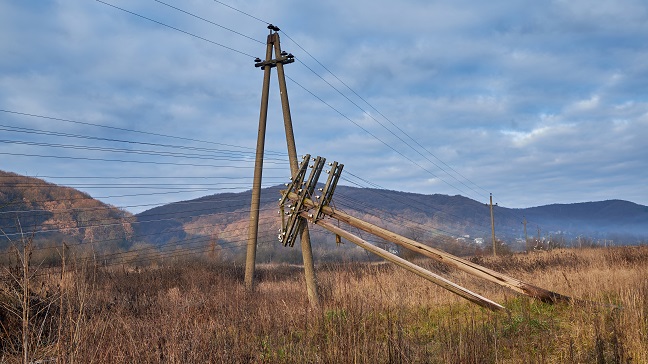Verizon shareholders lost a bid to make the company provide detailed information on the scale of lead-sheathed cable still being used, an issue highlighted in a series of press reports in 2023 which is proving hard to bury.
Preliminary results from Verizon’s annual meeting show a defeat for a proposal the operator should conduct an in-depth assessment of the amount of lead-covered cables it still uses.
The Association of BellTel Retirees owns 214 shares of Verizon’s common stock and argued the company should produce comprehensive maps “of the locations impacted” and details of what it might cost to put right any sites “posing a risk to public health”.
Verizon’s shareholder pointed to a series of articles published by The Wall Street Journal (WSJ) in 2023 and concerns raised by a former Environmental Protection Agency (EPA) expert over a lack of information on where the lead-covered cables are located.
At the time of the WSJ reports, an analyst explained details on the location of affected cable are hard to come by because US operators began phasing out lead-sheathing in the 1950s.
The Association of BellTel Retirees noted Verizon offered few updates on the matter since the WSJ articles were published.
EVP and CFO Tony Skiadas addressed the matter on an earnings call in 2023, explaining the copper networks involved were relatively small and a significant portion was not buried.
Subterranean elements are of the greatest concern due to potential contamination of soil and water.
Verizon’s shareholders argued the issue was “too important to slip from public view”.
“Lead remediation efforts in other industries have dragged on for years and we believe that Verizon should be ahead of the curve.”
They pointed to New Street Research figures estimating remediation costs in a range of $10 billion to $26 billion.
Verizon’s board argued against the plan, explaining in its proxy statement the company acted immediately in response to the WSJ articles, adding external expertise to its own teams’ work “in assessing the facts”, determining where any remaining lead-sheathed cable is, and working with the EPA and relevant local authorities to “address the situation”.
The board successfully argued further efforts “could be duplicative or interfere” with its work with environmental agencies.
Other matters
Verizon’s board also successfully defeated a request to provide an annual update on how it aligns its climate lobbying efforts with its broader commitments in the area.
A call regarding potential discrimination in its advertising was also dismissed.
And the board itself won another year at the helm, with chair Hans Vestberg and lead director Dan Schulman among the ten proposed leaders elected.
